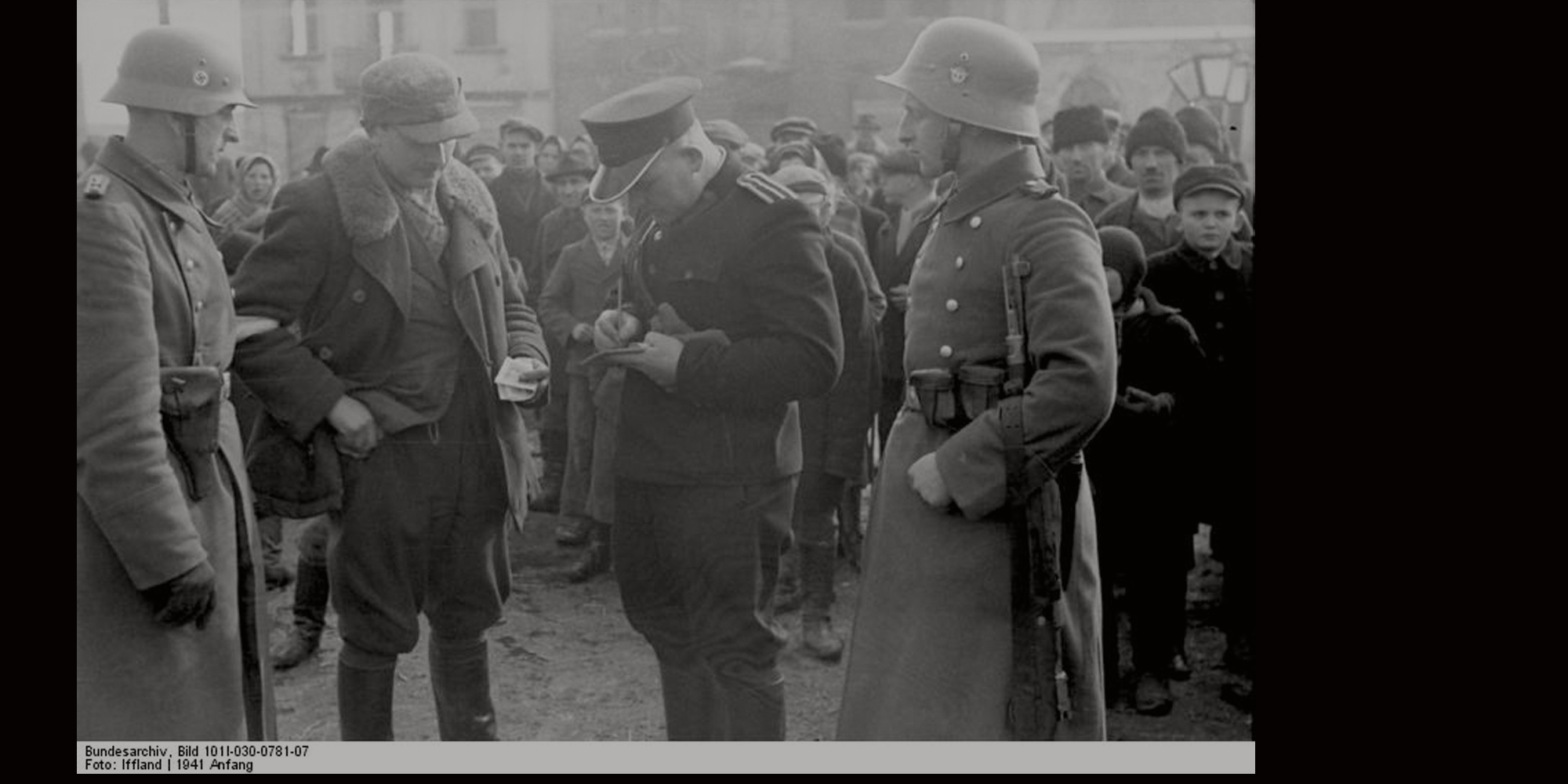Center Fellow Alexander Korb Discusses Importance of Holocaust Research in Facebook Live Conversation

USC Shoah Foundation Center for Advanced Genocide Research’s 2016-2017 Center Fellow Alexander Korb spoke about the research he plans to do in the Visual History Archive and the importance of continuing to study the Holocaust in a live interview on the Institute’s Facebook page earlier today.
Korb is director of the Stanley Burton Centre for Holocaust & Genocide Studies at the University of Leicester and scholar of the Holocaust in southeastern Europe.
He received his Ph.D. in history from Humboldt University in Berlin and since 2010 has been a lecturer in modern European history at the University of Leicester, UK. He has received research fellowships from Yad Vashem, Simon Wiesenthal Institute in Vienna and Imre Kertesz Kolleg Jena and has been published in a variety of peer-reviewed books and journals.
During his fellowship at USC Shoah Foundation from March to July, Korb will conduct research for his upcoming book project A Multitude of Lethal Attacks: Collaboration and Mass Violence in Southeastern Europe, 1940-1946. The book will investigate how local authorities in southern and eastern Europe, particularly Croatia, Serbia and Greece, collaborated with the Nazis and carried out their own acts of mass violence outside the epicenter of Nazi Germany.
These collaborators are often perceived in a rather one-dimensional way, Korb said, so he hopes to gain a more nuanced perspective of their motivations for carrying out the Nazi agenda.
“Their agendas and their agency are underexplored,” Korb said. “Did they want to be included? What kind of vision did they have? What was Europe to them, what did they think about the new European order? Did they think they could achieve something alongside the Germans?”
The Visual History Archive will give him the opportunity to hear from the survivors themselves how the Holocaust was carried out by these collaborators at the most local level.
“I think Jews who lived in those countries knew these people, who were sometimes their neighbors, much better than anybody else,” he said. “Whereas the Germans did not always know who their collaborators actually were. So I will try to understand collaborators better through Jewish perspectives on a number of levels.”
Even countries like Croatia and Bulgaria, which did not have a strong Nazi presence, sought to exterminate the Jews within their borders. Korb sees this as the authorities’ deliberate attempt take advantage of the Germans’ “Final Solution” to deport their own Jews and ethnically homogenize their respective countries.
In the Facebook Live interview, Korb also spoke about the importance of Holocaust studies today. Now more than ever, he said, it is important to remember the consequences of the past to avoid making similar mistakes.
“It keeps being such an important part of our history and there are opportunities for public engagement every day,” he said. “The Holocaust is a universal lesson when it come to war, genocide, human rights violations, human behavior. Contemporary politics always make us revist the 1930s and 40s, whether it’s the crisis of Europe and the European Union, or whether it’s the new administration of the United States. This is something historians will always be asked: where are the similarities and where are the differences?”
Like this article? Get our e-newsletter.
Be the first to learn about new articles and personal stories like the one you've just read.